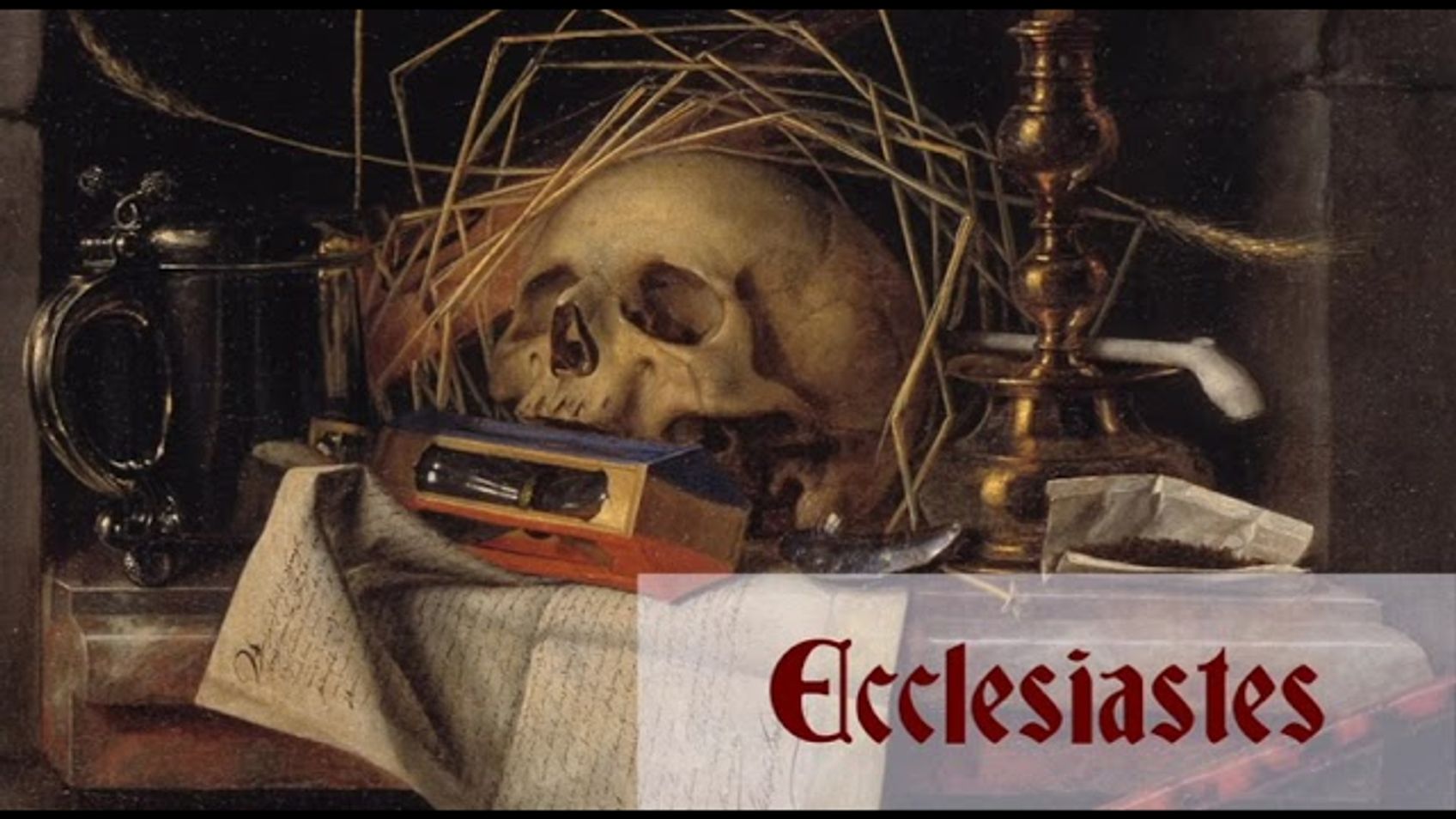Ecclesiastes: Chapter-by-Chapter Commentary

*CONTENTS*
00:00:00 - Chapter 1: All is Vapour
00:18:50 - Chapter 2: Nothing to be Gained
00:26:53 - Chapter 3: A Time for Everything
00:37:22 - Chapter 4: Oppressions Under the Sun
00:44:37 - Chapter 5: Vaporous Character of Wealth and Honour
00:54:46 - Chapter 6: What Advantage Does the Wise Man Have?
01:01:27 - Chapter 7: Wisdom and Folly
01:21:19 - Chapter 8: God's Ways Beyond Man's Knowledge
01:29:33 - Chapter 9: The Inevitability of Death
01:38:43 - Chapter 10: Frustration
01:49:28 - Chapter 11: Cast Your Bread Upon the Waters
01:55:45 - Chapter 12: The End of the Matter
If you have enjoyed my videos and podcasts, please tell your friends. If you are interested in supporting my videos and podcasts and my research more generally, please consider supporting my work on Patreon (https://www.patreon.com/zugzwanged), using my PayPal account (https://bit.ly/2RLaUcB), or by buying books for my research on Amazon (https://www.amazon.co.uk/hz/wishlist/ls/36WVSWCK4X33O?ref_=wl_share).
The audio of all of my videos is available on my Soundcloud account: https://soundcloud.com/alastairadversaria. You can also listen to the audio of these episodes on iTunes: https://itunes.apple.com/gb/podcast/alastairs-adversaria/id1416351035?mt=2.
More From Alastair Roberts
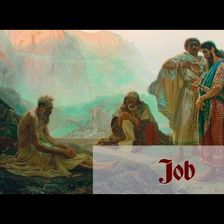
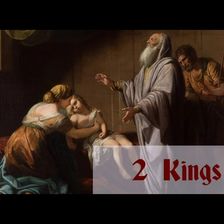
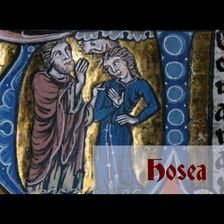
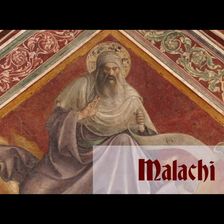
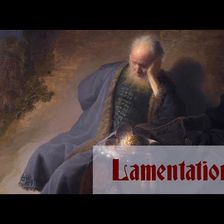
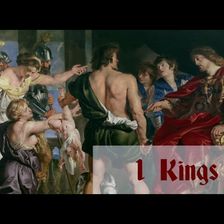
More on OpenTheo















